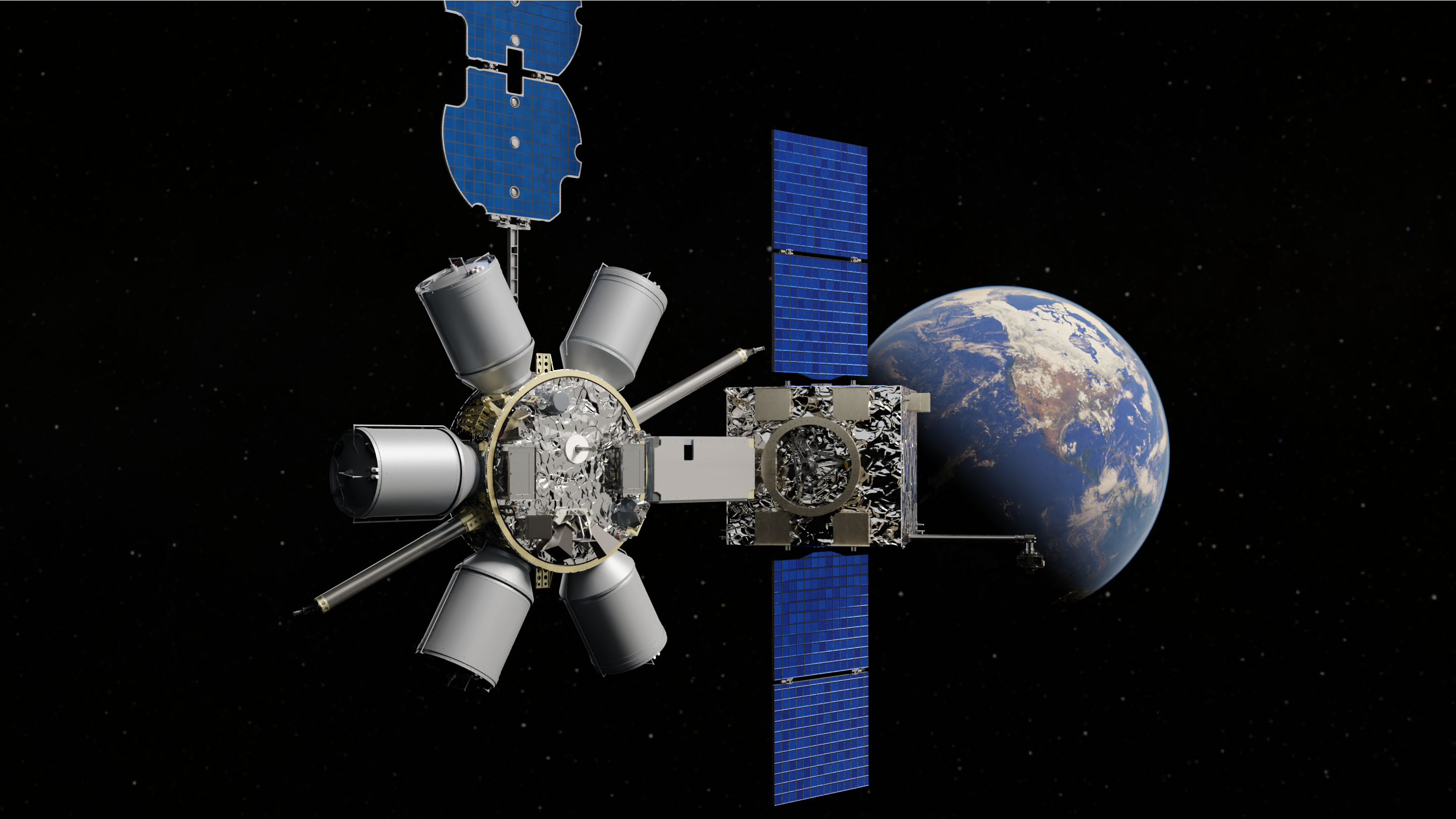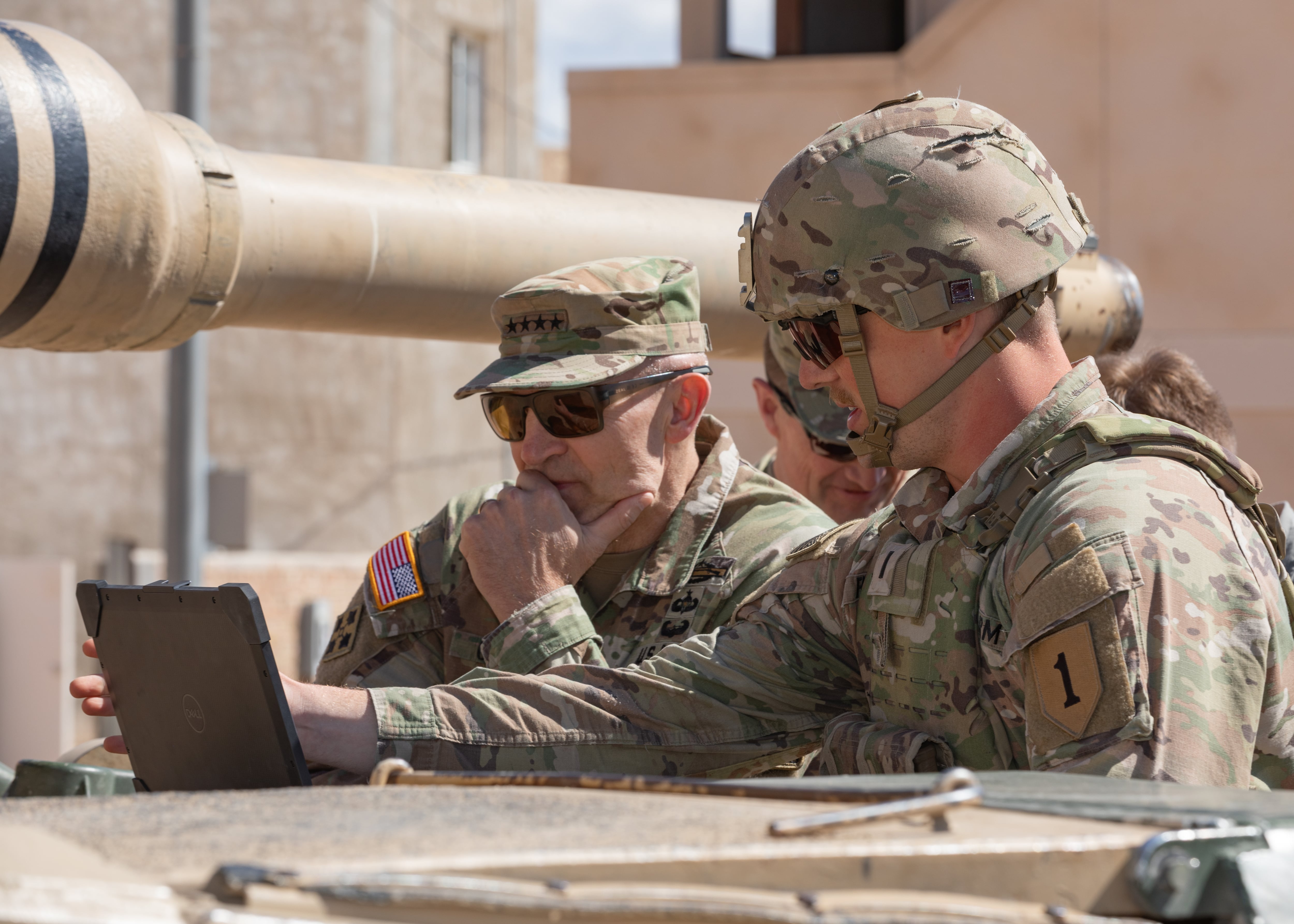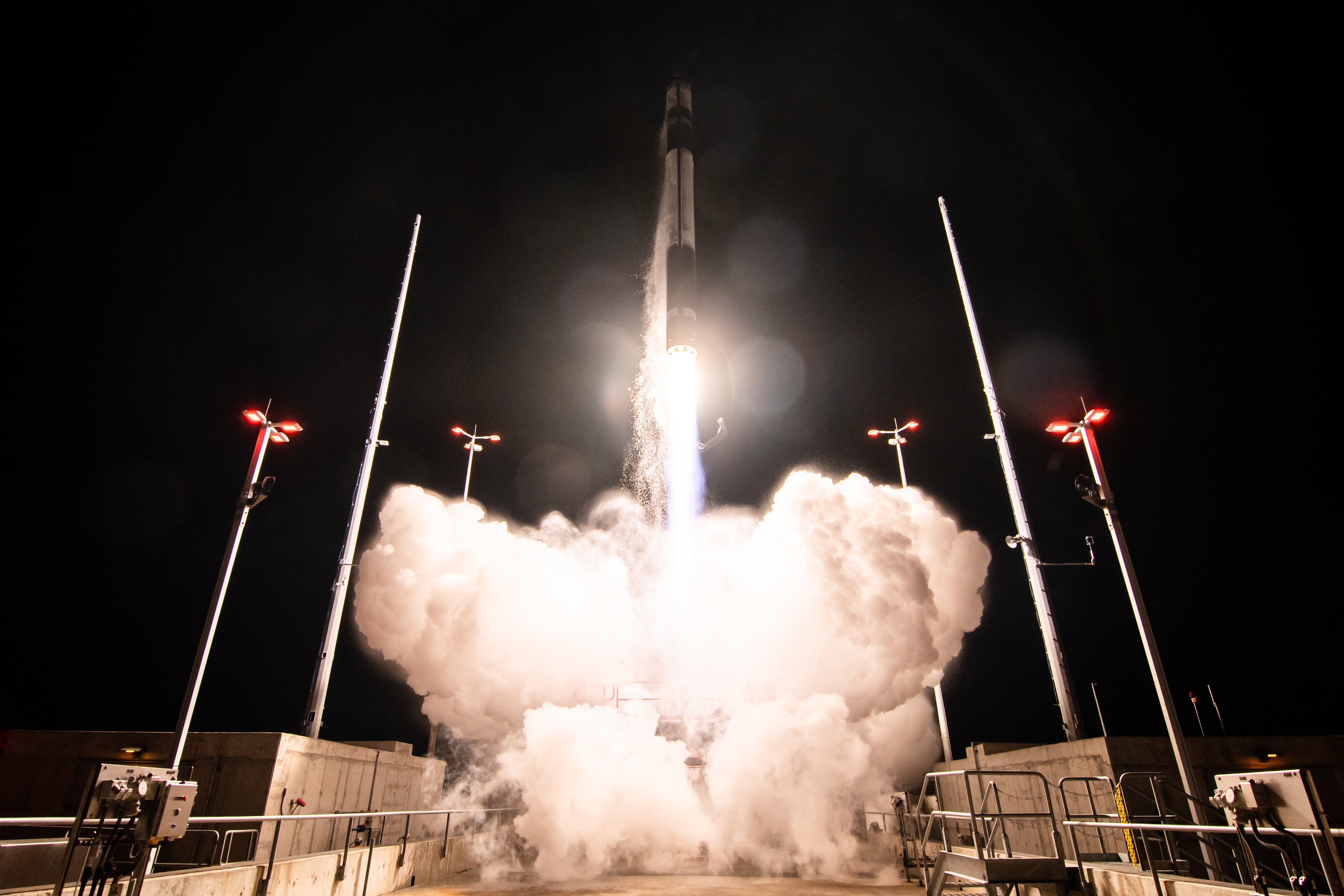WASHINGTON — The Department of Defense has awarded the National Spectrum Consortium its $2.5 billion Spectrum Forward Other Transaction Agreement, designed to accelerate the development and eventual deployment of new technologies to the battlefield.
Under the five-year OTA, the National Spectrum Consortium will dole out funding for the rapid prototyping of advanced dual-use technologies that utilize the electromagnetic spectrum, including 5G, cloud computing, augmented reality, machine learning, beam forming and more. According to NSC, its members will be able to compete to “perform coordinated research and development projects designed to accelerate streamlining and upgrading of communications infrastructure, improving efficient spectrum utilization, and advancing microelectronics to enable protected and resilient networks.”
“An Other Transaction Agreement is the most effective method to enable rapid prototyping in the US Government,” said NSC Executive Director Tony Melita in a Dec. 16 statement. “By bringing industry, academia and the government together, the NSC will tackle the toughest spectrum-related technological challenges facing our nation and the world. We are excited and ready to continue the development of innovative dual-use technologies that support our war fighters and American jobs.”
The NSC already has nearly 400 members and has experience helping companies and academia work with the government on spectrum-based technologies. The consortium helped connect the Pentagon with partners to begin testing a variety of new 5G technologies on U.S. military bases, including augmented reality, smart warehouses and dynamic spectrum sharing.
“The United States has been the global leader in mobile technologies for decades,” said NSC Chairman Sal D’Itri. “Now, as 5G takes hold, we need to invest in the development of a new wave of capabilities that will once again redefine the technology landscape. On behalf of the NSC membership, we look forward to working the government, industry and academia to take on this challenge.”
Nathan Strout covers space, unmanned and intelligence systems for C4ISRNET.








